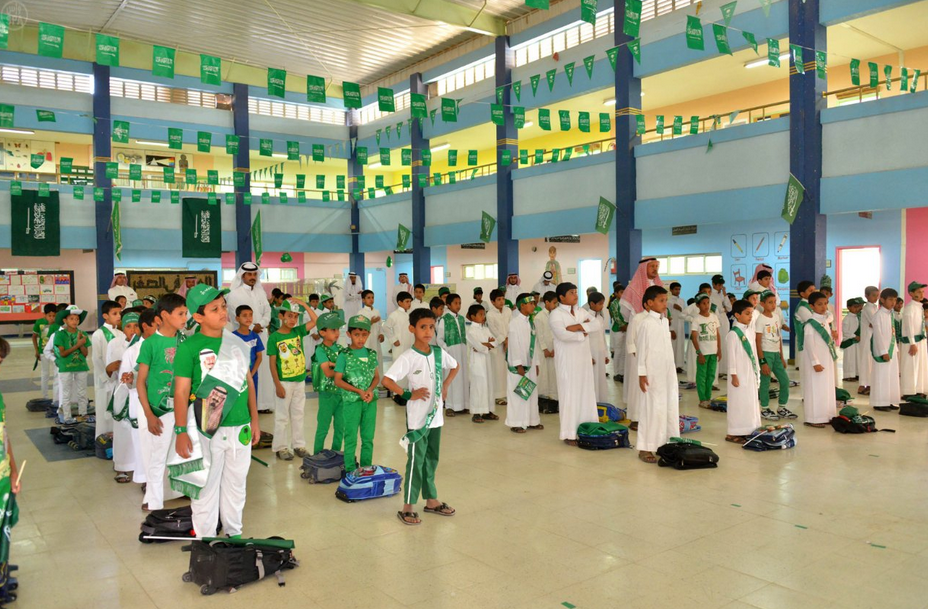In recent months, much attention has been given to the expanding influence of jihadist groups and religious extremists in the Middle East. The rise of the Islamic State (ISIS) in Iraq has been attributed, in part, to former Prime Minister Maliki’s sectarian policies. The Houthis, a Shiite rebel group in Yemen have occupied Sanaa and appear to be calling the shots in the Yemeni capital while doing battle with Sunni-led al-Qaeda fighters.
The origins of the devastating civil war in Syria are often traced to resentment of a ruling Alawi minority over a Sunni majority which has become, at the regional level, a proxy war between Sunni Gulf states and Shiite Iran. It seems all parties to these conflicts have the common denominator of claiming the religious high-ground for their actions.
Is this really about religion? No, it isn’t! It is about politics and power. If religion were the determining factor, then we wouldn’t have seen a split between al-Qaeda and ISIS in Syria; two Sunni-dominated groups that embrace strongly anti-Shia philosophies. Yet, it is undoubtedly true that religion plays an incendiary role in these regional crises.
This is precisely why creating a joint international coalition to combat the spread of ISIS will not be sufficient to eradicate religious extremism in the region. The fall of ISIS will likely create a power vacuum to be filled by yet another jihadist group(s) in the region.
Therefore, it is vital that in conjunction with this policy, regional governments must take a more fundamental approach to combating religious extremism by using their education systems.
Education can play a significant role in combating religious extremism. Schools must create an environment in which students learn to practice religion in a moderate fashion by using methodologies and curriculums that promote religious tolerance. It doesn’t have to be an “us” versus “them” battle or a battle between “Muslims” and “Infidels”. In fact, there doesn’t have to be a battle against anyone.
Certainly, it is important that children learn at an early age to embrace and affirm their religious identity but notions of superiority in relation to other religions must be contained. We must establish a foundation within our societies in which we accept that people have different religious interpretations and that these do not pose a threat to our beliefs and identities. This sort of teaching in our schools can produce a generation whose philosophy will be centered on ideas of tolerance, one that can easily acclimate to new ideas and cultures without compromising their own Islamic religious beliefs. The role of the formal education system should be to cement the idea of acceptance, rather than propagate differences.
Islamic history is embedded in today’s Arab culture and Islam teaches tolerance. It is crucial in our fight against extremism that religion not be seen as a source of contention, but as a unifying factor. Governments are aware of the link between religious education and extremism, and are making progress in eliminating narrow teachings, albeit rather slowly.
Religious extremism is not simply a security and political issue to be debated among policy makers; it is also a social one. The conversation must include key institutions in our societies such as our schools. This is the only effective way to achieve a perceptible decline in religious extremism. Ideas of tolerance should be widely circulated throughout the education system. This era of seemingly pervasive sectarianism should be seen as an opportunity to confront extremist mentalities at their roots and eliminate, once and for all, the extremist religious thought has caused so much destruction and chaos in our region.
***
Nouf Al Sadiq is pursuing her MA in Middle Eastern Studies at the George Washington University, Elliott School of International Affairs, after completing her undergraduate degree in International Affairs at American University. A native of Saudi Arabia, Nouf has interned at Saudi Aramco, The Atlantic Council, The Institute for Multi-Track Diplomacy, and the Embassy of Saudi Arabia in Washington, DC.










